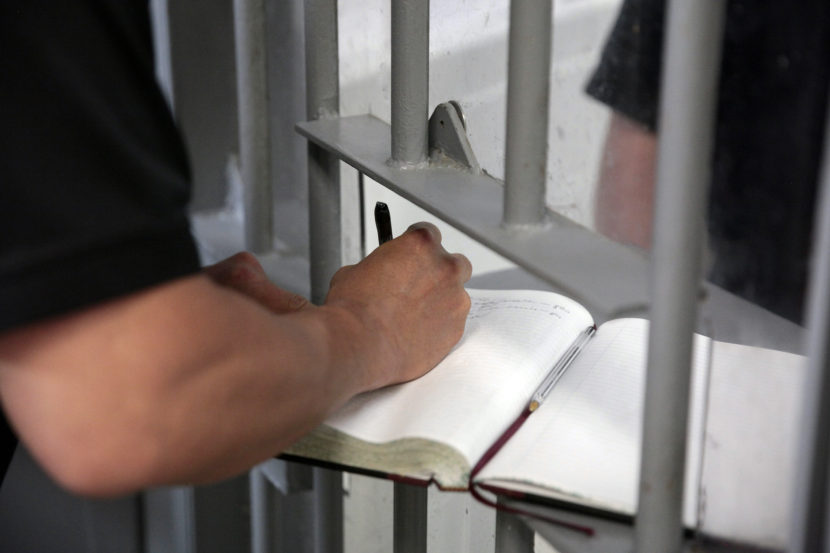
In order to prevent the spread of coronavirus, the Alaska Department of Corrections suspended all visits to facilities across the state from outside volunteers, friends and family, effective immediately. Visits from chaplains and contract services for education and treatment programs will continue for now.
The prison system has not seen any cases of coronavirus disease yet.
Alaska has more than 4,700 inmates statewide. As of this week, 327 of those inmates were over the age of 55. Health officials say older adults are particularly vulnerable to the virus, especially if they have underlying conditions.
The state has a unified system for prisons and jails, meaning inmates serving long sentences live under the same roof as those with short stints. The constant circulation of new people in and out of facilities means there’s more potential to spread disease.
“It’s not unreasonable to think that, that someone in prison could present with the symptoms,” said Dr. Robert Lawrence, chief medical officer for the Department of Corrections. He said prisons are a lot like nursing homes and college dorms.
“So we are constantly thinking about how do we protect this group of people who are living so close together from the rapid spread of infectious disease?” Lawrence said.
In many ways, preparing for coronavirus means using the same policies prisons already rely on to monitor for highly-infectious diseases like tuberculosis. Every facility in the state has its own medical staff.
In Juneau, Lemon Creek Correctional Center Superintendent Bob Cordle wrote in an email that staff placed flyers in all living units and common areas to educate inmates about how to stay healthy.
Lemon Creek has 248 prisoners and 76 staff.
Cordle wrote that the facility has a committee in charge of preparing for a potential outbreak. Lemon Creek has the ability to isolate anyone showing symptoms of the virus, but it doesn’t have rooms that limit contamination through the air supply system.
If community transmission begins to occur in Alaska, nearby DOC facilities may further restrict visitors. If coronavirus is transmitted within a facility, movement inside would also be limited to restrict contact between people.
Lawrence said protecting inmates inside also means protecting the population as a whole. But they know limiting visitation is hard on prisoners and their families.
“There’s a full recognition that everybody who’s incarcerated today in Alaska is connected to a family and … there are many families in Alaska who have or know someone who is currently incarcerated,” he said. “So there’s loved ones on both sides.”
DOC will reevaluate all protocols and procedures in 30 days.